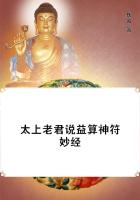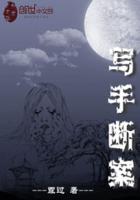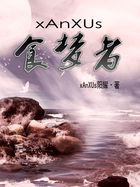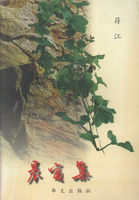On January 30 a party of four newspaper correspondents, two Norwegians, a Swede and myself, left Stockholm to go into Russia. We travelled with the members of the Soviet Government's Legation, headed by Vorovsky and Litvinov, who were going home after the breaking off of official relations by Sweden. Some months earlier I had got leave from the Bolsheviks to go into Russia to get further material for my history of the revolution, but at the last moment there was opposition and it seemed likely that I should be refused permission. Fortunately, however, a copy of the Morning Post reached Stockholm, containing a report of a lecture by Mr. Lockhart in which he had said that as I had been out of Russia for six months I had no right to speak of conditions there. Armed with this I argued that it would be very unfair if I were not allowed to come and see things for myself. I had no further difficulties.
We crossed by boat to Abo, grinding our way through the ice, and then travelled by rail to the Russian frontier, taking several days over the journey owing to delays variously explained by the Finnish authorities. We were told that the Russian White Guards had planned an attack on the train. Litvinov, half-smiling, wondered if they were purposely giving time to the White Guards to organize such an attack. Several nervous folk inclined to that opinion. But at Viborg we were told that there were grave disorders in Petrograd and that the Finns did not wish to fling us into the middle of a scrimmage. Then someone obtained a newspaper and we read a detailed account of what was happening. This account was, as I learnt on my return, duly telegraphed to England like much other news of a similar character. There had been a serious revolt in Petrograd. The Semenovsky regiment had gone over to the mutineers, who had seized the town. The Government, however, had escaped to Kronstadt, whence they were bombarding Petrograd with naval guns.
This sounded fairly lively, but there was nothing to be done, so we finished up the chess tournament we had begun on the boat. An Esthonian won it, and I was second, by reason of a lucky win overLitvinov, who is really a better player. By Sunday night we reached Terijoki and on Monday moved slowly to the frontier of Finland close to Bieloostrov. A squad of Finnish soldiers was waiting, excluding everybody from the station and seeing that no dangerous revolutionary should break away on Finnish territory. There were no horses, but three hand sledges were brought, and we piled the luggage on them, and then set off to walk to the frontier duly convoyed by the Finns. A Finnish lieutenant walked at the head of the procession, chatting good-humouredly in Swedish and German, much as a man might think it worth while to be kind to a crowd of unfortunates just about to be flung into a boiling cauldron. We walked a few hundred yards along the line and then turned into a road deep in snow through a little bare wood, and so down to the little wooden bridge over the narrow frozen stream that separates Finland from Russia. The bridge, not twenty yards across, has a toll bar at each end, two sentry boxes and two sentries. On the Russian side the bar was the familiar black and white of the old Russian Empire, with a sentry box to match. The Finns seemingly had not yet had time to paint their bar and box.
The Finns lifted their toll bar, and the Finnish officers leading our escort walked solemnly to the middle of the bridge. Then the luggage was dumped there, while we stood watching the trembling of the rickety little bridge under the weight of our belongings, for we were all taking in with us as much food as we decently could. We were none of us allowed on the bridge until an officer and a few men had come down to meet us on the Russian side. Only little Nina, Vorovskv's daughter, about ten years old, chattering Swedish with the Finns, got leave from them, and shyly, step by step, went down the other side of the bridge and struck up acquaintance with the soldier of the Red Army who stood there, gun in hand, and obligingly bent to show her the sign, set in his hat, of the crossed sickle and hammer of the Peasants' and Workmen's Republic. At last the Finnish lieutenant took the list of his prisoners and called out the names "Vorovsky, wife and one bairn," looking laughingly over his shoulder at Nina flirting with the sentry. Then "Litvinov," and so on through all the Russians, about thirty of them. We four visitors,Grimlund the Swede, Puntervald and Stang, the Norwegians, and I, came last. At last, after a general shout of farewell, and "Helse Finland" from Nina, the Finns turned and went back into their civilization, and we went forward into the new struggling civilization of Russia. Crossing that bridge we passed from one philosophy to another, from one extreme of the class struggle to the other, from a dictatorship of the bourgeoisie to a dictatorship of the proletariat.















